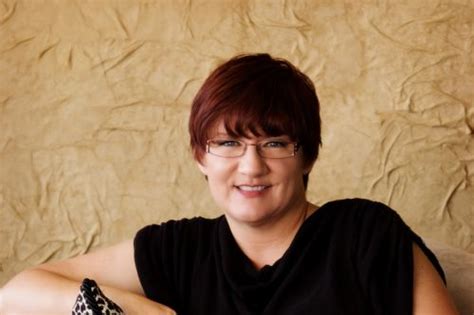A Quote by Jeanette Winterson
Memory loss is one way of coping with damage.
Related Quotes
The bodies we have are not made for extended use. We must cope with accumulated DNA damage, cell damage, muscle atrophy, bone loss, decreased muscle mass, and joints worn out from overuse during a lifetime of bipedal locomotion. It might have worked great for prehistoric humans, but it wreaks havoc on our knees and hips.
It is curious how sometimes the memory of death lives on for so much longer than the memory of the life that it purloined. Over the years, as the memory of Sophie Mol ... slowly faded, the Loss of Sophie Mol grew robust and alive. It was always there. Like a fruit in season. Every season. As permanent as a government job.






































